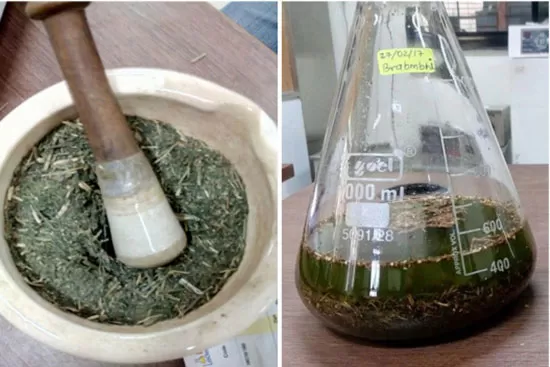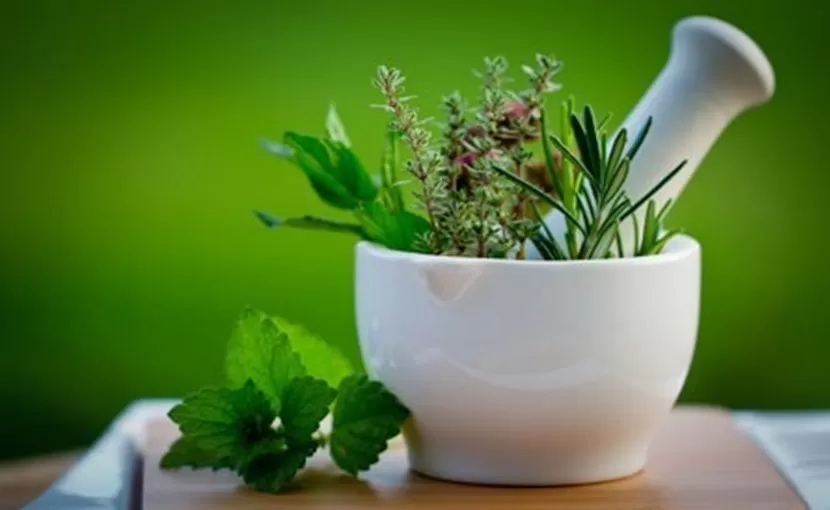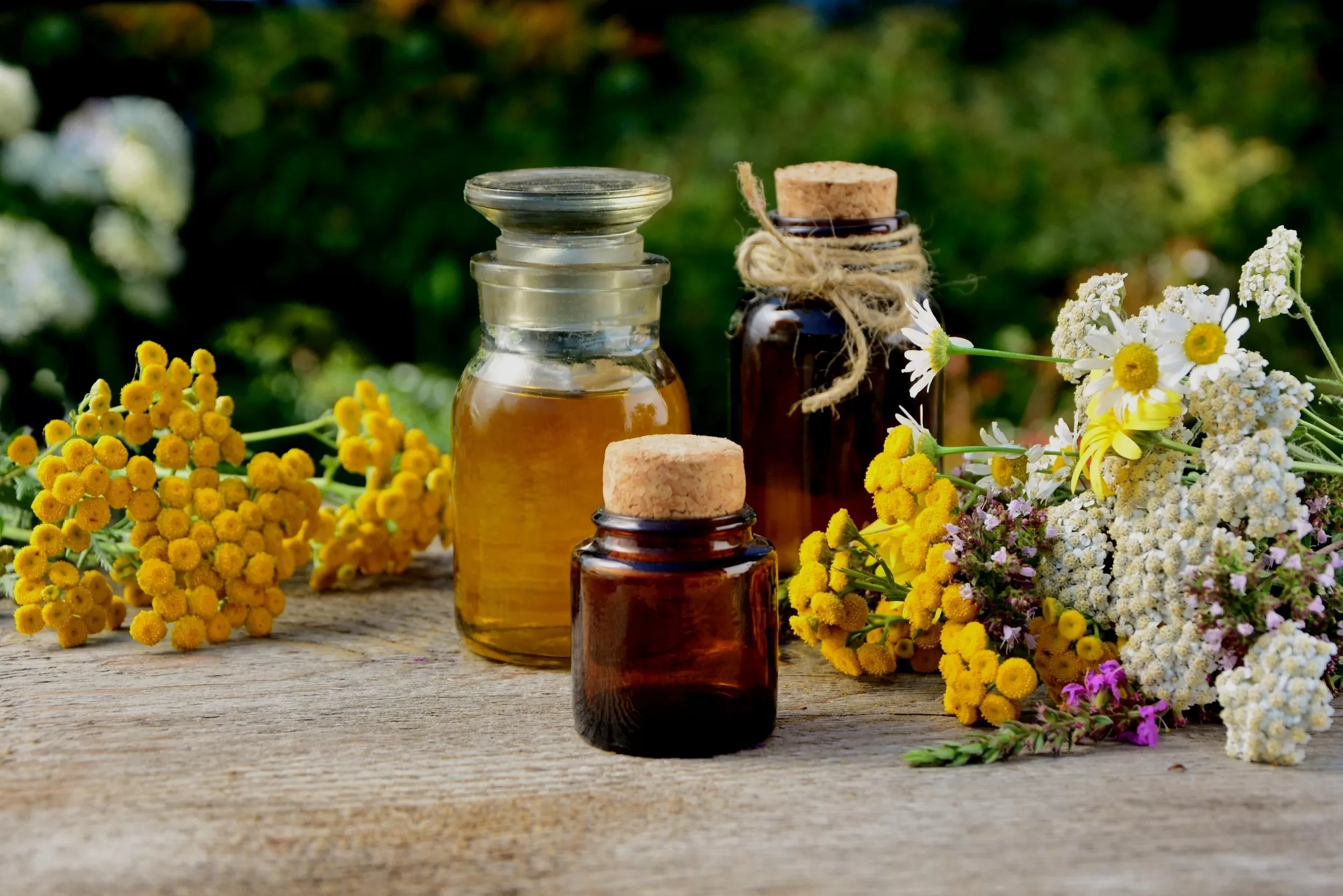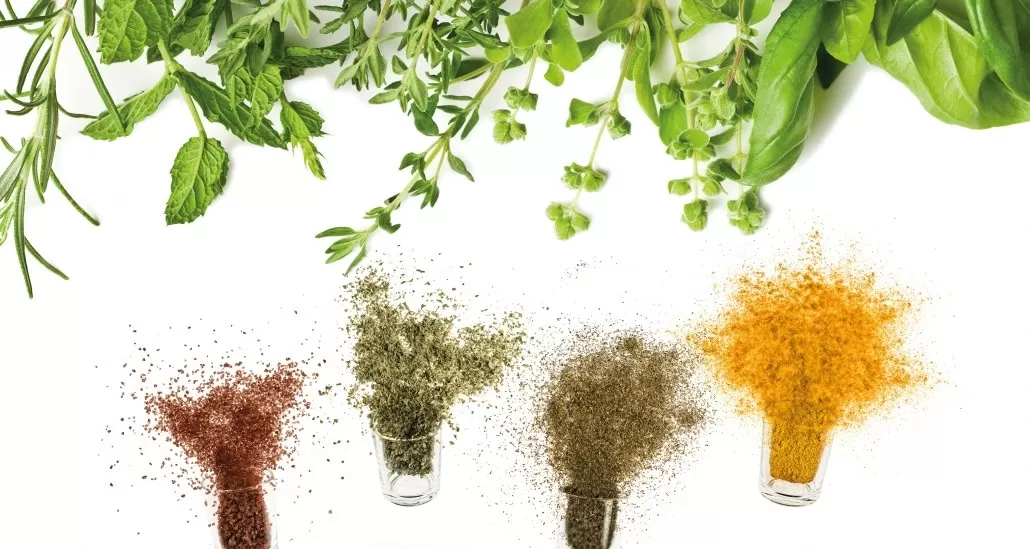- 0086-571-85302990
- sales@greenskybio.com
Navigating the Potential Risks and Interactions of Hawthorn, Grape Seed, and Cinnamon for Tinnitus
2024-08-03
1. Introduction
Tinnitus, the perception of sound in the ears or head without an external source, can be a distressing condition. Many individuals seek natural remedies to manage tinnitus symptoms. Among the popular natural substances are hawthorn, grape seed, and cinnamon. However, it is crucial to understand the potential risks and interactions associated with these substances when considering them for tinnitus relief.
2. Hawthorn and Tinnitus
2.1 Hawthorn's Properties
Hawthorn (Crataegus species) has been used in traditional medicine for various cardiovascular benefits. It contains flavonoids, proanthocyanidins, and other bioactive compounds. These components are believed to have antioxidant, anti - inflammatory, and vasodilatory effects.
2.2 Potential Benefits for Tinnitus
Some theories suggest that hawthorn's vasodilatory properties could potentially improve blood flow to the inner ear. Since poor blood circulation in the ear area may be associated with tinnitus in some cases, this could be beneficial. Additionally, its antioxidant and anti - inflammatory effects may help reduce oxidative stress and inflammation that could contribute to tinnitus.
2.3 Potential Risks
- Drug Interactions: Hawthorn may interact with certain medications, especially those used for heart conditions. For example, it can potentiate the effects of drugs like digoxin, which is used to treat heart failure. This interaction could lead to increased toxicity, so it is essential for individuals taking such medications to consult a healthcare provider before using hawthorn supplements.
- Allergic Reactions: Some people may be allergic to hawthorn. Allergic symptoms can range from mild skin rashes to more severe respiratory problems.
- Blood Pressure Effects: While hawthorn is often used to support cardiovascular health, in some cases, it may cause a significant drop in blood pressure. This can be a concern, especially for individuals with already low blood pressure, as it could lead to dizziness, fainting, or other adverse effects.
3. Grape Seed and Tinnitus
3.1 Grape Seed's Properties
Grape Seed Extract is rich in proanthocyanidins, which are powerful antioxidants. These antioxidants are thought to have a wide range of health benefits, including protecting cells from damage caused by free radicals.
3.2 Potential Benefits for Tinnitus
Given its antioxidant properties, Grape Seed Extract may help combat oxidative stress in the ear. Oxidative stress has been implicated in the development and progression of tinnitus. By reducing oxidative damage, it could potentially alleviate tinnitus symptoms. Additionally, it may have anti - inflammatory effects that could also play a role in tinnitus management.
3.3 Potential Risks
- Bleeding Risk: Grape Seed Extract may increase the risk of bleeding, especially when combined with anticoagulant or anti - platelet medications. This is because it can interfere with blood clotting mechanisms. Individuals taking medications such as warfarin or aspirin should be cautious when using grape seed supplements.
- Allergic Reactions: Some people may be allergic to grape products, and grape seed extract is no exception. Allergic reactions can include itching, swelling, and in severe cases, anaphylactic shock.
- Digestive Issues: In some cases, grape seed extract may cause digestive problems such as nausea, vomiting, or diarrhea. This could be due to the high concentration of bioactive compounds in the extract, which may not be well - tolerated by some individuals.
4. Cinnamon and Tinnitus
4.1 Cinnamon's Properties
Cinnamon contains various bioactive compounds, including cinnamaldehyde, which gives it its characteristic flavor and aroma. It has been used in traditional medicine for its anti - microbial, anti - inflammatory, and antioxidant properties.
4.2 Potential Benefits for Tinnitus
Its anti - inflammatory and antioxidant properties may be beneficial for tinnitus. Inflammation in the ear or the auditory system could potentially contribute to tinnitus, and cinnamon's anti - inflammatory effects could help reduce this. Additionally, by reducing oxidative stress, it may also play a role in alleviating tinnitus symptoms.
4.3 Potential Risks
- Blood Sugar Effects: Cinnamon has been shown to have an impact on blood sugar levels. For individuals with diabetes or those taking medications to control blood sugar, using cinnamon supplements without proper medical supervision could lead to hypoglycemia (low blood sugar). This can cause symptoms such as dizziness, sweating, and confusion.
- Allergic Reactions: Some people may be allergic to cinnamon. Allergic symptoms can include skin rashes, itching, and in severe cases, difficulty breathing.
- Drug Interactions: Cinnamon may interact with certain medications. For example, it could potentially interfere with the metabolism of drugs in the liver. Therefore, individuals taking medications that are metabolized in the liver should consult their doctor before using cinnamon supplements.
5. Interactions between Hawthorn, Grape Seed, and Cinnamon
- Antioxidant Synergy: All three substances - hawthorn, grape seed, and cinnamon - possess antioxidant properties. When used together, there may be a synergistic effect in terms of reducing oxidative stress. However, this also means that the combined use could potentially increase the risk of bleeding if not carefully monitored, especially considering the bleeding risk associated with grape seed extract.
- Anti - Inflammatory Effects: Their combined anti - inflammatory effects could potentially be beneficial for tinnitus management. But, at the same time, it could also increase the risk of adverse effects such as allergic reactions if an individual is sensitive to any of these substances.
- Potential for Blood Pressure and Blood Sugar Interactions: Hawthorn can affect blood pressure, and cinnamon can affect blood sugar. When used together, especially in individuals with pre - existing blood pressure or blood sugar issues, there could be complex interactions that require careful monitoring. For example, a significant drop in blood pressure combined with hypoglycemia could be dangerous.
6. Considerations for Tinnitus Sufferers
- Consult a Healthcare Provider: Before starting any supplementation with hawthorn, grape seed, or cinnamon for tinnitus, it is crucial to consult a healthcare provider. This is especially important for individuals with underlying health conditions, those taking medications, or pregnant or breastfeeding women.
- Quality of Supplements: If a healthcare provider approves the use of these supplements, ensure that high - quality products are chosen. Look for products that are tested for purity and potency.
- Monitoring and Adjustment: When using these substances, regular monitoring of relevant health parameters such as blood pressure, blood sugar, and signs of bleeding or allergic reactions is necessary. If any adverse effects are noticed, the supplementation should be adjusted or discontinued.
7. Conclusion
Hawthorn, grape seed, and cinnamon show potential in the management of tinnitus due to their antioxidant, anti - inflammatory, and other beneficial properties. However, they also carry potential risks and can have complex interactions. Tinnitus sufferers need to be well - informed and take appropriate precautions when considering the use of these natural substances. By understanding the potential risks and interactions, individuals can make more informed decisions and potentially find a more effective and safe approach to managing their tinnitus symptoms.
FAQ:
Q1: What is tinnitus?
Tinnitus is a condition characterized by the perception of sound in the ears or head without an external source. It can manifest as ringing, buzzing, hissing, or other noises and can range from mild to severe, often having a significant impact on a person's quality of life.
Q2: How could hawthorn potentially affect tinnitus?
Hawthorn is known for its various health properties. However, in the context of tinnitus, it may have potential effects. Some believe that its antioxidant properties could potentially help reduce inflammation in the ear area which might be related to tinnitus. But it could also interact with medications a tinnitus sufferer might be taking, leading to unforeseen side effects or changes in the effectiveness of treatment.
Q3: What about grape seed and tinnitus?
Grape seed contains antioxidants such as proanthocyanidins. These antioxidants may help in improving blood circulation. In theory, better blood circulation could potentially benefit tinnitus as it might ensure proper oxygen and nutrient supply to the ear structures. However, there is also a possibility of allergic reactions or interactions with other substances in the body that could either exacerbate or complicate tinnitus symptoms.
Q4: How does cinnamon relate to tinnitus?
Cinnamon has anti - inflammatory and antioxidant properties. It may play a role in reducing inflammation in the body which could be beneficial for tinnitus if the tinnitus is related to inflammation. But it also has strong flavor components and active substances that could potentially interact with the body's systems in ways that are not yet fully understood in relation to tinnitus, and might cause unwanted effects.
Q5: Are there any known interactions between hawthorn, grape seed, and cinnamon in relation to tinnitus?
There is currently limited research on direct interactions between these three substances specifically in relation to tinnitus. However, they all have active components that can interact with the body's physiological processes. For example, they may all affect blood circulation or inflammation pathways. If taken together, there could be additive or opposing effects on tinnitus symptoms. There is also a risk that they could interact with medications a person is taking for tinnitus or other health conditions.
Related literature
- The Role of Natural Supplements in Tinnitus Management"
- "Potential Benefits and Risks of Herbal Remedies for Ear - related Disorders"
- "Interactions of Common Botanicals with the Auditory System"
- ▶ Hesperidin
- ▶ citrus bioflavonoids
- ▶ plant extract
- ▶ lycopene
- ▶ Diosmin
- ▶ Grape seed extract
- ▶ Sea buckthorn Juice Powder
- ▶ Beetroot powder
- ▶ Hops Extract
- ▶ Artichoke Extract
- ▶ Reishi mushroom extract
- ▶ Astaxanthin
- ▶ Green Tea Extract
- ▶ Curcumin Extract
- ▶ Horse Chestnut Extract
- ▶ Other Problems
- ▶ Boswellia Serrata Extract
- ▶ Resveratrol Extract
- ▶ Marigold Extract
- ▶ Grape Leaf Extract
- ▶ blog3
- ▶ blog4
- ▶ blog5
-
What are extracts made of?
2024-08-03
-
Extract Usage: A Comprehensive Guide
2024-08-03
-
Are plant extracts good for you?
2024-08-03
-
What are plant-based extracts?
2024-08-03
-
What Is a Plant Extract? A Deep Dive
2024-08-03
-
Clove Powder
2024-08-03
-
Andrographis Paniculata Extract Powder
2024-08-03
-
Red Vine Extract
2024-08-03
-
Maitake Mushroom Extract
2024-08-03
-
Saffron Extract Powder
2024-08-03
-
Fenugreek Extract Powder
2024-08-03
-
Peppermint Oil
2024-08-03
-
Sophora Flavescens Root Extract
2024-08-03
-
White Peony Extract
2024-08-03
-
Oat Straw Extract Powder
2024-08-03































